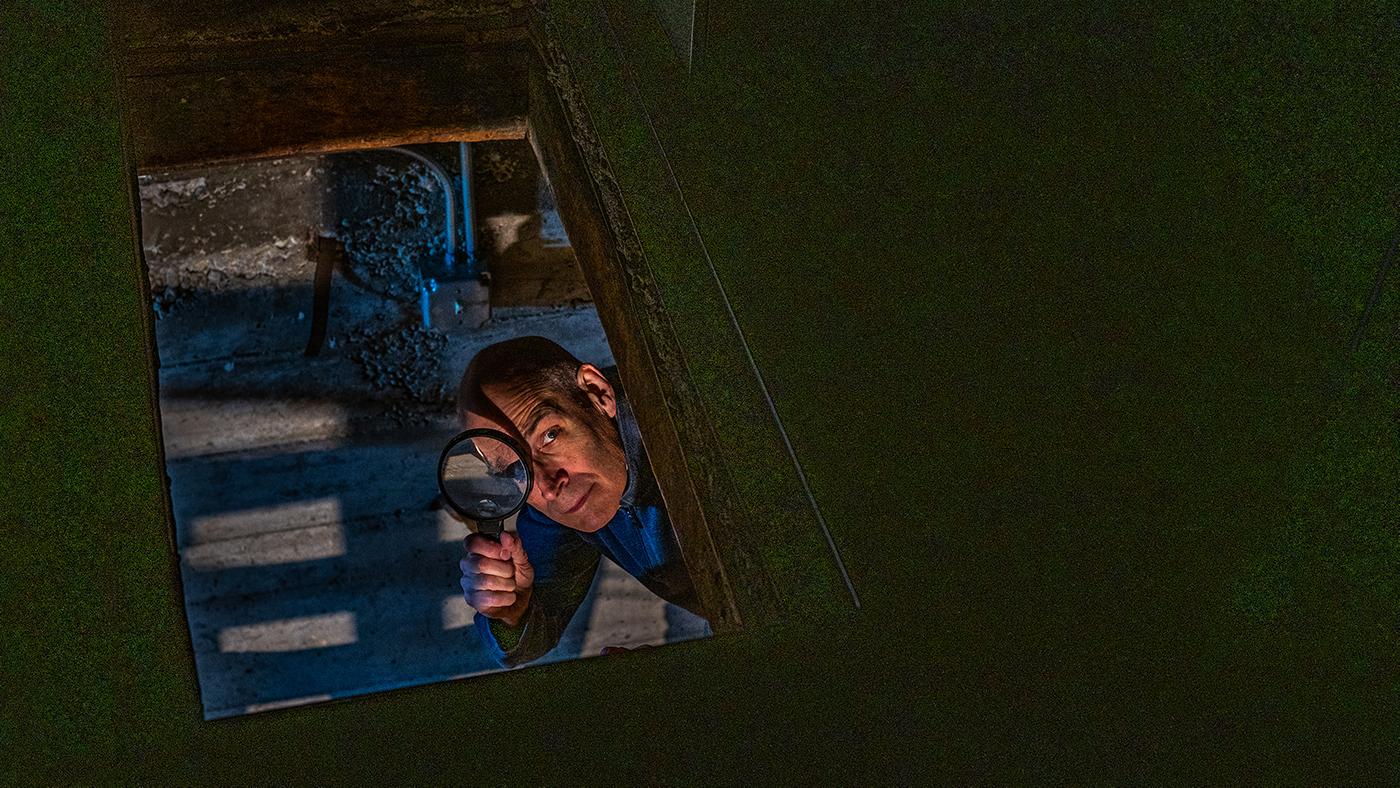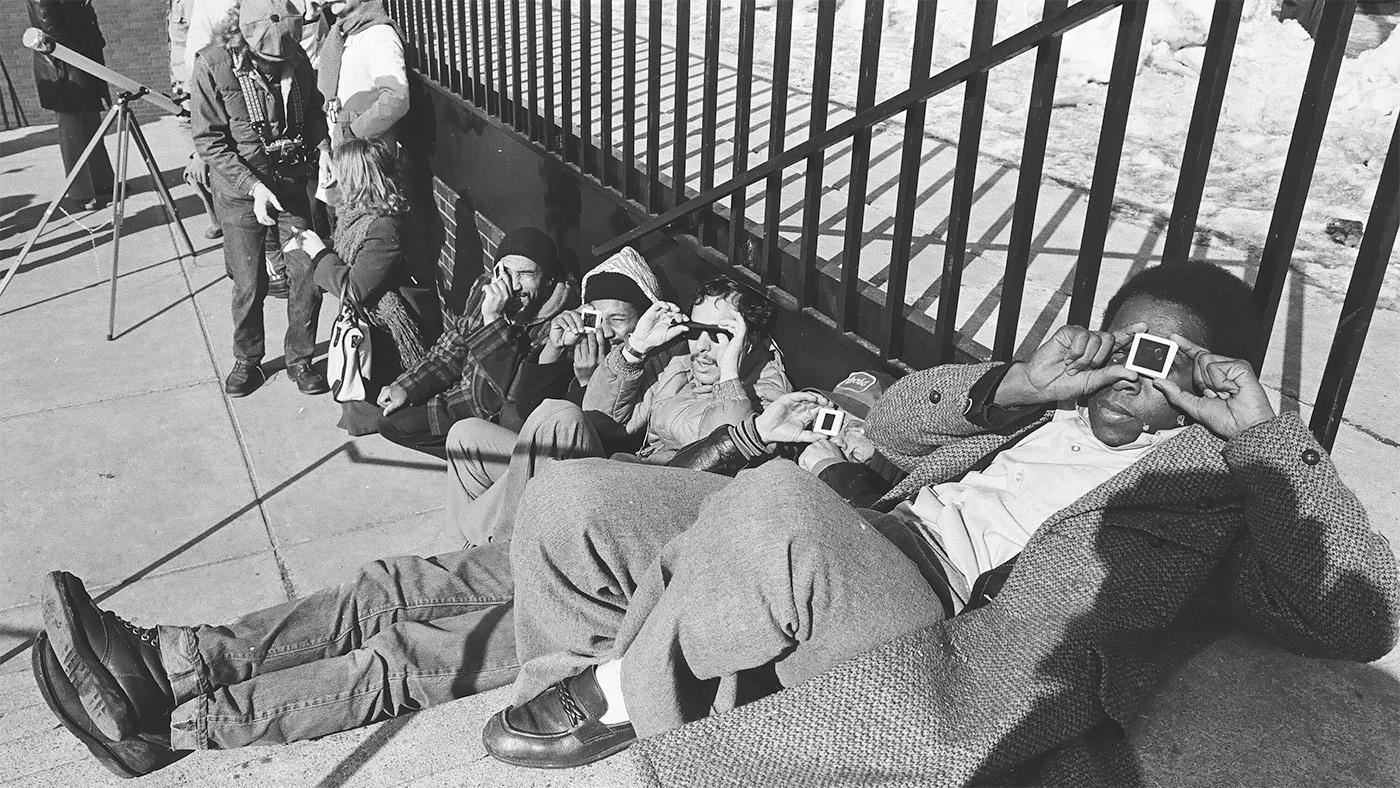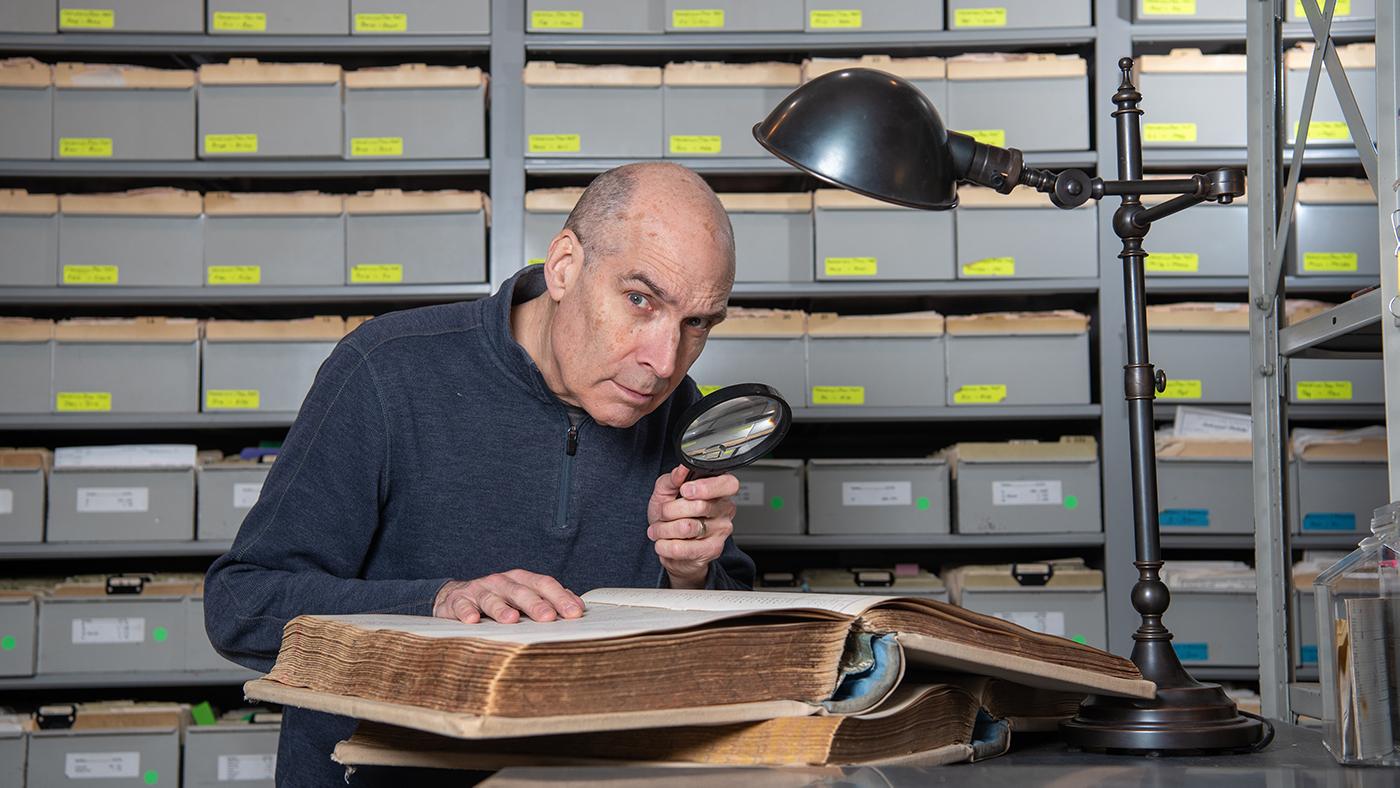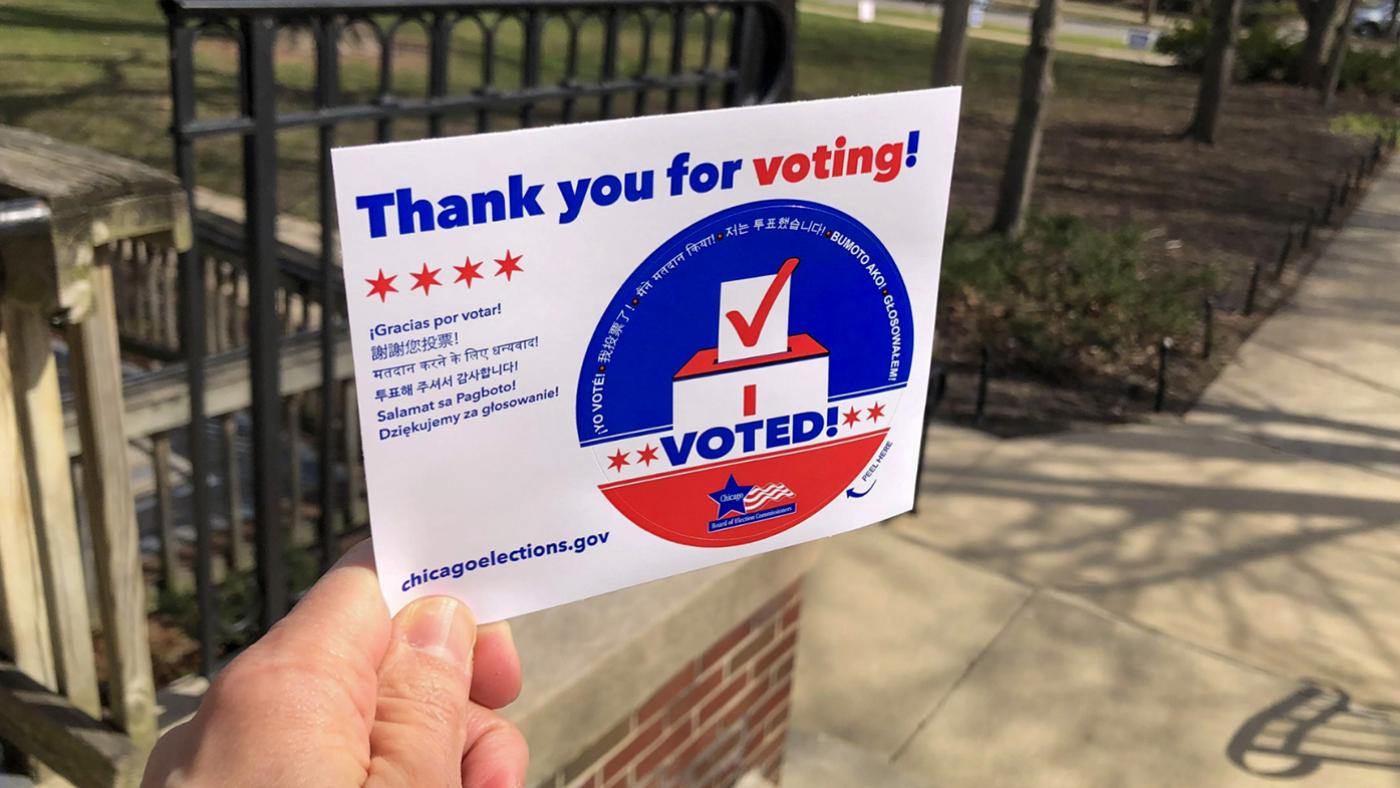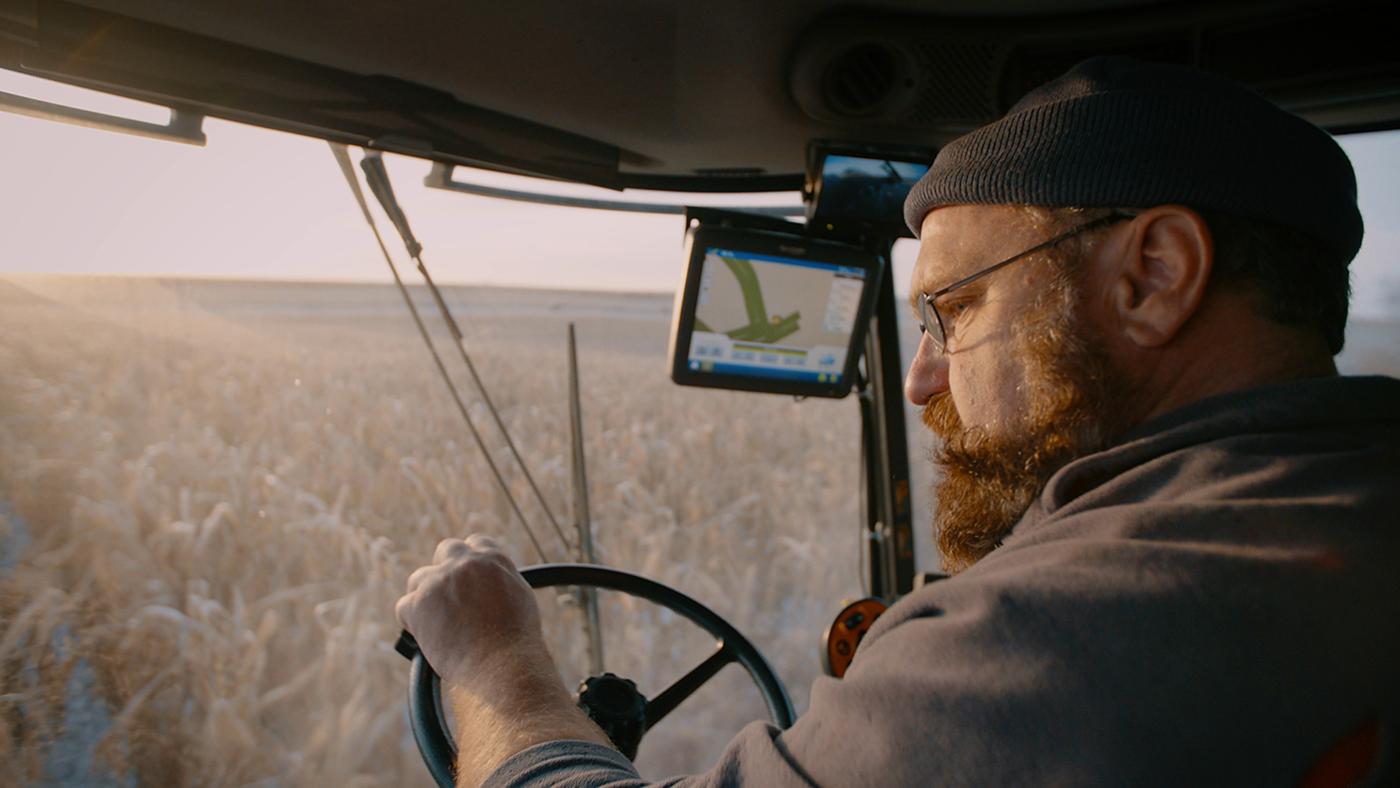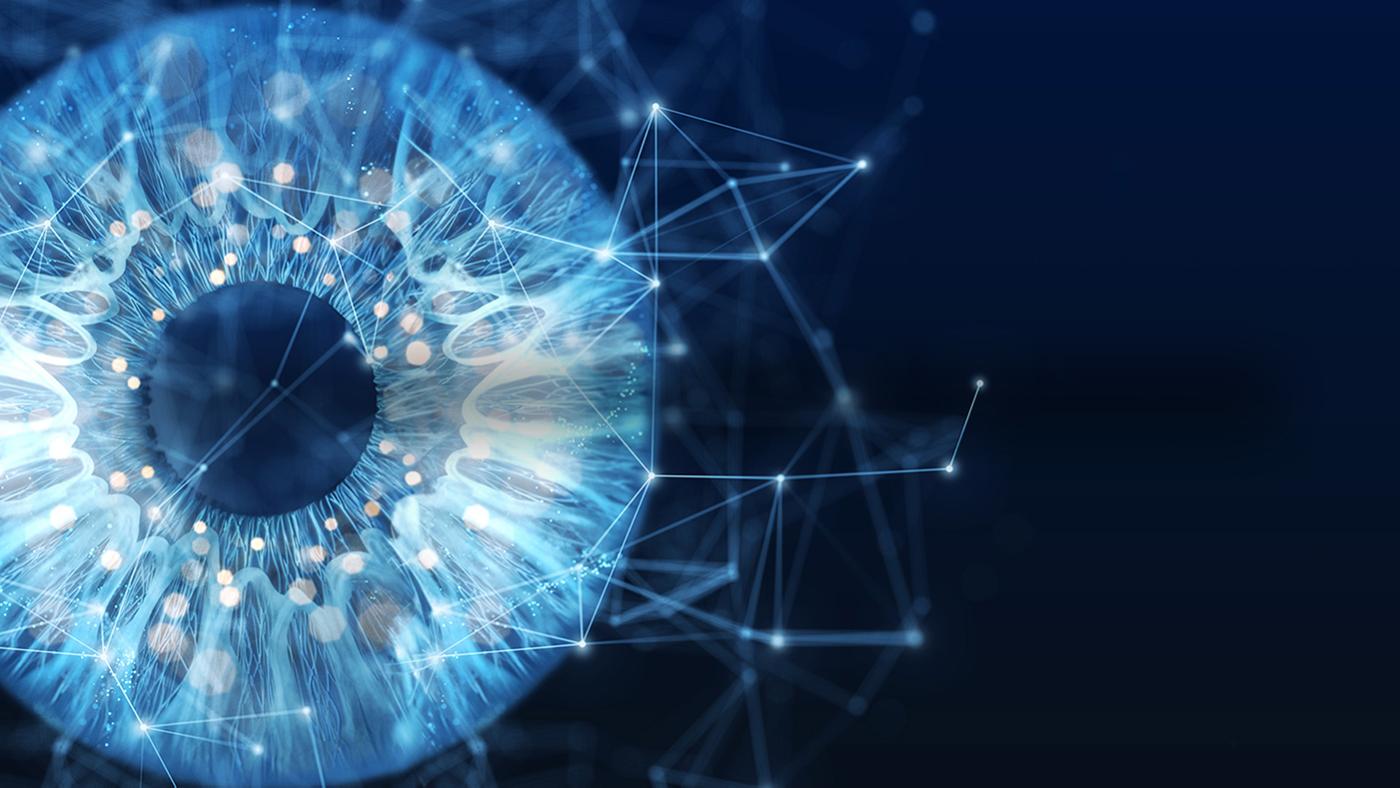A "Daily Struggle": WTTW's 'FIRSTHAND' Explores the Challenges Complicating Life After Prison
Daniel Hautzinger
February 7, 2023
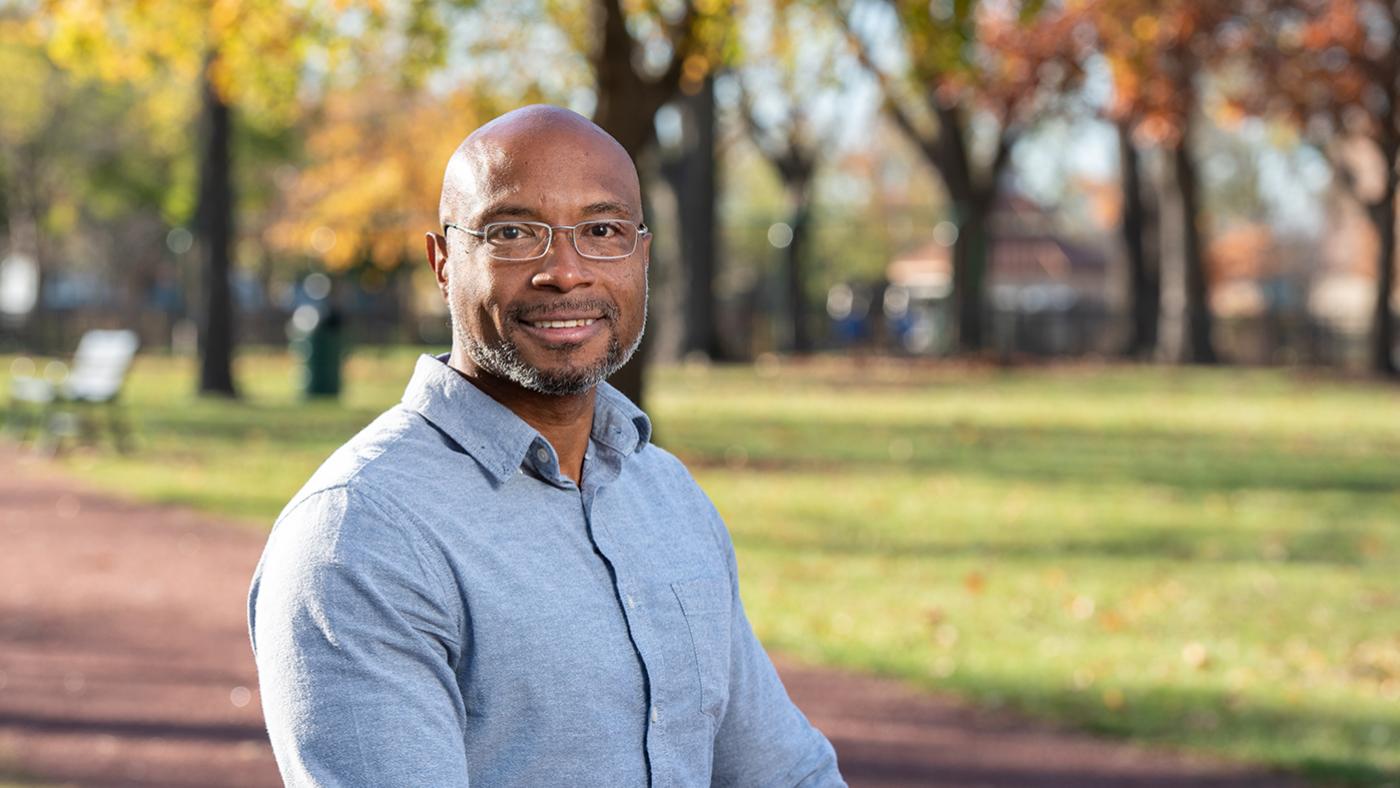
FIRSTHAND: Life After Prison launches at wttw.com/firsthand on February 13.
Is the criminal justice system meant to reform or punish? Thousands of restrictive laws govern people who have been released from prison in the United States, making it difficult for them to find housing, employment, and to restart life after they have done their time, as WTTW News has explored in its series "Permanent Punishment." Beginning on February 13 and throughout 2023, WTTW’s FIRSTHAND: Life After Prison examines the struggles faced by people after they have served time through a series of documentaries, expert talks, community engagement events, and a discussion guide. This month, we talked to Mario Tharpe, the producer of the documentaries and director of one of them.
Why is re-entry an important topic, even though it isn’t often discussed?
Life after prison and recidivism are topics people kind of shy away from. I think that's because it really requires so much work in order to try to find an answer as to how to solve the issue of recidivism. Talking to our five subjects, that’s the biggest struggle. People want to look down on folks who've been incarcerated, not necessarily knowing why or what the reason is, because there are a million reasons why people unfortunately wind up going to jail or prison. It certainly is a topic that needs to continue to be discussed—but bigger than that, some solutions have to come out of these discussions. And unfortunately, that's really not happening.
Why is it personally an important topic for you?
My grandmother had ten kids, and we were all very close. The majority of my aunts and uncles went on to do great things in life, but I had two uncles who unfortunately turned to drugs. It left a lasting impression on me, because I saw what it could do to a family. I also saw their struggles to try to put their life back on track, and it never happened. One of them had been clean for well over fifteen years before he passed, but ultimately, I think that their use of drugs and their stays in and out of jail played a major part in why they passed away and why they were never able to get back to the people that they used to be. It was personal for me because I saw it firsthand. Working on this project was therapeutic for me.
What did you learn during this project?
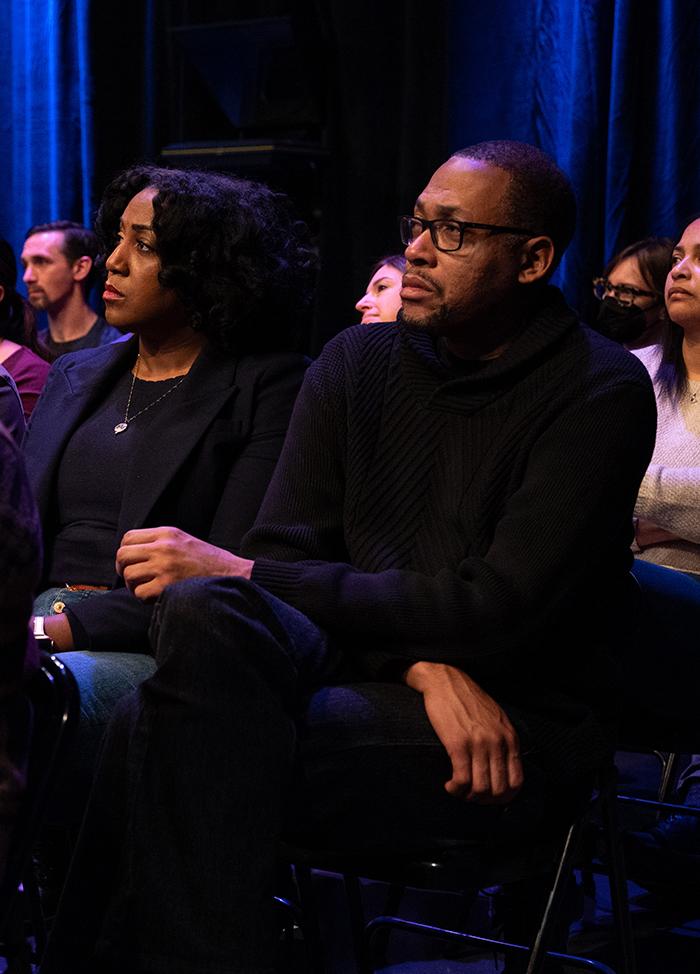 FIRSTHAND producer/director Mario Tharpe in the audience for a 'FIRSTHAND: Life After Prison Talk'How hard the struggle is. To give you an example, we captured the release of Nicholas, [a subject of one of the documentaries], after spending 24 years in prison. Nicholas had to learn how to use a cellphone. He went to prison when he was 18, so he didn’t have a driver’s license, and had to learn how to drive from his mother when he’s 42. He was used to dealing with cash; he didn’t know how to use a debit card.
FIRSTHAND producer/director Mario Tharpe in the audience for a 'FIRSTHAND: Life After Prison Talk'How hard the struggle is. To give you an example, we captured the release of Nicholas, [a subject of one of the documentaries], after spending 24 years in prison. Nicholas had to learn how to use a cellphone. He went to prison when he was 18, so he didn’t have a driver’s license, and had to learn how to drive from his mother when he’s 42. He was used to dealing with cash; he didn’t know how to use a debit card.
Just the things that we take for granted every day, that these guys are now trying to figure out. You might think: you go to prison, you come out, you should be able to just hop right back and get into the swing of things. But if you don’t have the knowledge, that’s a challenge.
What does approaching the topic of life after prison via personal stories do?
Everybody’s story is different. I wish that every person who is in a position to change the system could watch a hundred or two hundred of these stories. Kyle, [another documentary subject], became addicted to drugs because of a tooth infection. The dentist prescribed him some medication, and that kicked off his addiction. In order to feed his habit, he started stealing. Not everybody is in their position because they went out and made a bad decision.
Why should the general public care about the struggles of people after they’ve been released from prison?
First of all, most of us are taxpayers, so we’re paying for it. And why not care about the next person? Isn’t it the right thing to do? A lot of folks are really struggling, and they’re quiet about it. I pre-interviewed a lot of people for this project, and they just didn’t want to tell their story, because they didn’t know how the world was going to feel about it. They don’t want to draw attention to their crime because they’ve tried to find employment for a year and they finally have a job. People shouldn’t live like that. They shouldn’t have to feel that way. I think the more that the average citizen respects and understands their stories – that, in a lot of cases, they're just like us – I think the better we will all be.
What does the way life after prison works in America say about the criminal justice system here?
It still needs a lot of work. The system is still broken. The stories that I heard were just unbelievable. These folks have been on ten, fifteen, twenty job interviews, and the second that they find out they’ve served some time, they’re not being hired. How can we expect them to turn their life around if we’re not giving them an opportunity for a job, or housing, or they can’t get benefits? I hate to say this, but it seems like the system is still set up for them to fail.
Not enough is being done. These are not the stories we should be hearing. We should be hearing, “I was released, and within 60 days I had a job, or I had the necessary skills to get a job.”
Do you have one takeaway from working on this project?
The resilience. They know that the journey is not going to be easy, and they are still fighting. It’s a daily struggle. They are really working hard to try to fit back into life. They’re strong people.

